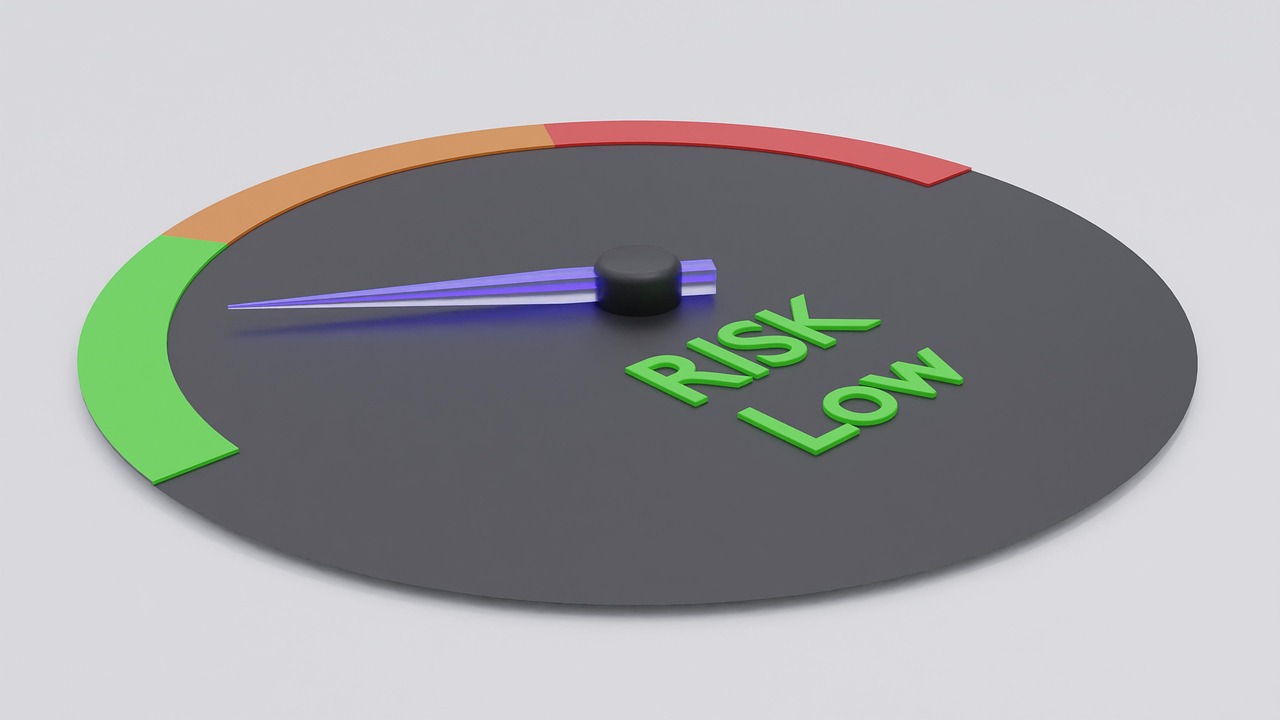Remote work practices that preserve wellbeing
Remote work offers flexibility but also brings challenges for personal health and sustainable routines. This article outlines practical practices to preserve wellbeing while working remotely, covering mindset, ergonomics, sleep, nutrition, movement, and social connection. Read on for balanced, evidence-informed strategies to reduce stress and support productivity without sacrificing mental health.

Working from home can blur the lines between professional and personal life, making it harder to maintain practices that support long-term wellbeing. Clear routines, intentional breaks, and small environmental changes help reduce stress and protect mental health while supporting consistent productivity. This article presents practical approaches—grounded in behavioral principles—to build resilience, sustain energy, and preserve healthy habits across a typical remote workday.
This article is for informational purposes only and should not be considered medical advice. Please consult a qualified healthcare professional for personalized guidance and treatment.
Building resilience and mindset at work
Sustaining remote work requires a mindset that balances adaptability with clear expectations. Resilience grows from predictable habits: set modest daily goals, reflect on wins, and reframe setbacks as learning opportunities. Use brief end-of-day reviews to track progress and prevent rumination, and practice cognitive techniques—like labeling emotions—to reduce their immediate impact. A mindset that separates identity from output helps prevent overwork and supports steady productivity without sacrificing mental health.
Practicing mindfulness to reduce stress
Integrating short mindfulness exercises into the day can lower perceived stress and improve focus. Simple practices—three-minute breathing breaks, body scans between meetings, or single-tasking for short blocks—interrupt stress cycles and improve attention. Mindfulness need not be formal: mindful transitions when switching tasks or stepping outside for a moment can reset cognitive load. Over time these small habits decrease reactivity to work pressures and enhance emotional regulation.
Sleep, nutrition, and movement for energy
Consistent sleep, balanced nutrition, and regular movement form the physiological base for wellbeing. Prioritize a sleep routine that supports 7–9 hours, and keep screens away from bed to improve sleep quality. Plan meals with protein, fiber, and healthy fats to stabilize energy, and schedule short movement breaks—standing, stretching, or a brisk walk—to counter prolonged sitting. These practices reduce stress, improve cognition, and support sustained productivity throughout the day.
Ergonomics, routines, and productive habits
An ergonomic setup reduces physical strain and supports concentration. Position screens at eye level, use a supportive chair, and alternate sitting with standing when possible. Combine ergonomic improvements with a structured routine: consistent start/stop times, time-blocking for focused work, and brief buffer periods between meetings. Small, repeatable habits—preparing a prioritized task list each morning or using a two-minute rule to clear minor tasks—help maintain momentum and reduce decision fatigue.
Setting boundaries and supporting mental health
Clear boundaries protect both personal time and work focus. Communicate availability windows to colleagues, use status indicators in collaboration tools, and guard nonwork time by scheduling it like any other commitment. Boundaries also include saying no to excessive meetings and delegating when needed. For mental health support, maintain access to professional resources if necessary, and adopt self-care practices—regular breaks, social contact, and realistic workload planning—to prevent burnout.
Community, self-care, and sustaining productivity
Remote work can feel isolating; community-building prevents disengagement. Schedule regular check-ins, virtual co-working sessions, or occasional in-person meetups if feasible to maintain social connection. Self-care is practical, not indulgent: prioritize activities that recharge you—hobbies, short walks, or time with friends—and integrate them into your routine. Sustained productivity is often the result of balanced energy management rather than constant output; treating wellbeing as part of the work system leads to steadier results.
In summary, preserving wellbeing while working remotely depends on layered practices: psychological strategies to build resilience and mindset, short mindfulness habits to reduce stress, and bodily care through sleep, nutrition, and movement. Combine ergonomic adjustments with structured routines and firm boundaries, and maintain social connections to support mental health. Small, consistent actions create durable habits that protect both wellbeing and productivity over time.





